Virtual Ocean Pavilion – COP28
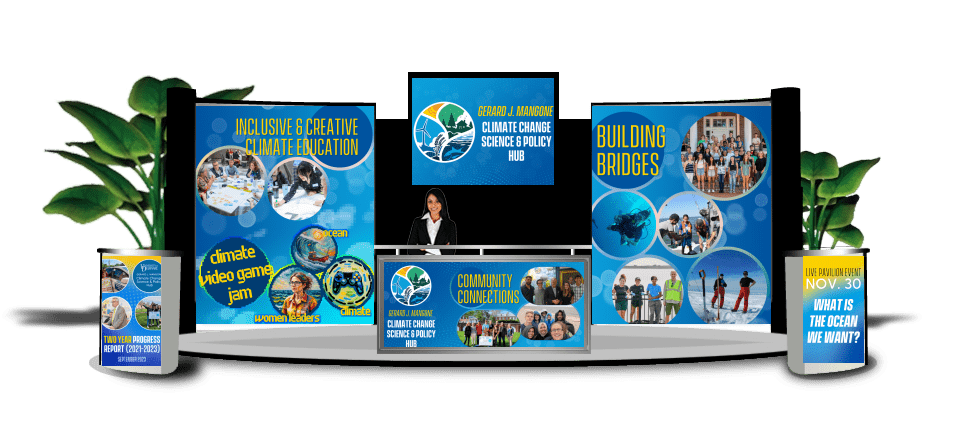
The Virtual Ocean Pavilion is a free platform for people to engage on oceans-related topics around the United Nations Framework Convention negotiations at the annual Conference of Parties. In 2023 for COP28, the Climate Change Hub hosted a live event and an online exhibit booth. You can find more information about those on this page, and you can view those materials and others at the Virtual Ocean Pavilion site through January 12, 2024.
EXHIBIT BOOTH
Mangone Climate Change Science & Policy Hub – Building Bridges for Innovation
Our exhibit booth included a booth visual, links, documents, and videos. Those links can be found below this introductory text.
CONNECTING CLIMATE AND OCEANS SCHOLARSHIP, EDUCATION, AND COMMUNITIES
Climate change is a whole-of-society issue, and it needs to be a whole-university issue as well. More than 150 faculty across all seven colleges at the University of Delaware engage in teaching, scholarship, or service related to climate change, and many more staff and students work on climate-related topics through institutes, centers, and projects on campus, in the community, and around the world.
In 2021, the Center for the Study of Marine Policy, founded by international marine legal scholar Gerard J. Mangone, transitioned to the Mangone Climate Change Science and Policy Hub, recognizing the crucial connection between oceans and climate change. The Hub serves to facilitate connections across the University of Delaware and with off-campus partners. Our work is structured around three main goals and is shaped throughout by three core values. You can read more about these goals and values in our strategic plan.
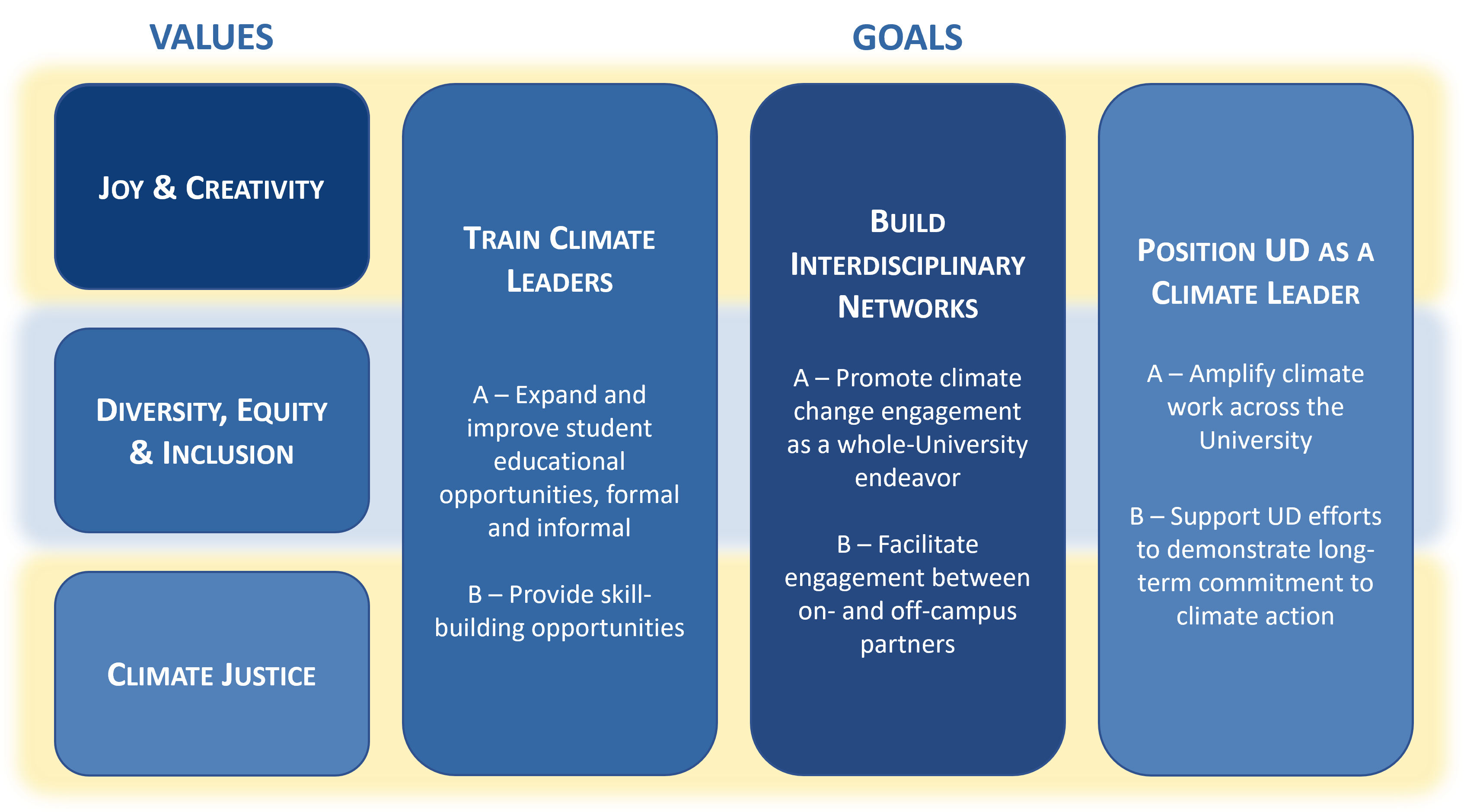
As a Hub, we connect research centers, institutes, departments and other initiatives, such as the Center for Research in Wind, which has made Delaware a powerhouse in offshore wind energy and energy justice research; the Center for Environmental Monitoring and Analysis, which provides climate and weather expertise to the state of Delaware and its residents; the Island Policy Lab, focused on decarbonization transitions in island nations; and the Coastal Resilience Design Studio, which brings together landscape architects and scientists to help communities understand and design solutions for coastal challenges. The Ratcliffe Eco-Entrepreneurship Fellows program held a design sprint this fall where students learned about design thinking and applied entrepreneurial approaches to envision solutions to climate change problems like coastal flooding. The Delaware Environmental Institute has a new documentary on the dangers of saltwater intrusion for marshes and aquaculture (see Salted Earth on our video tab).
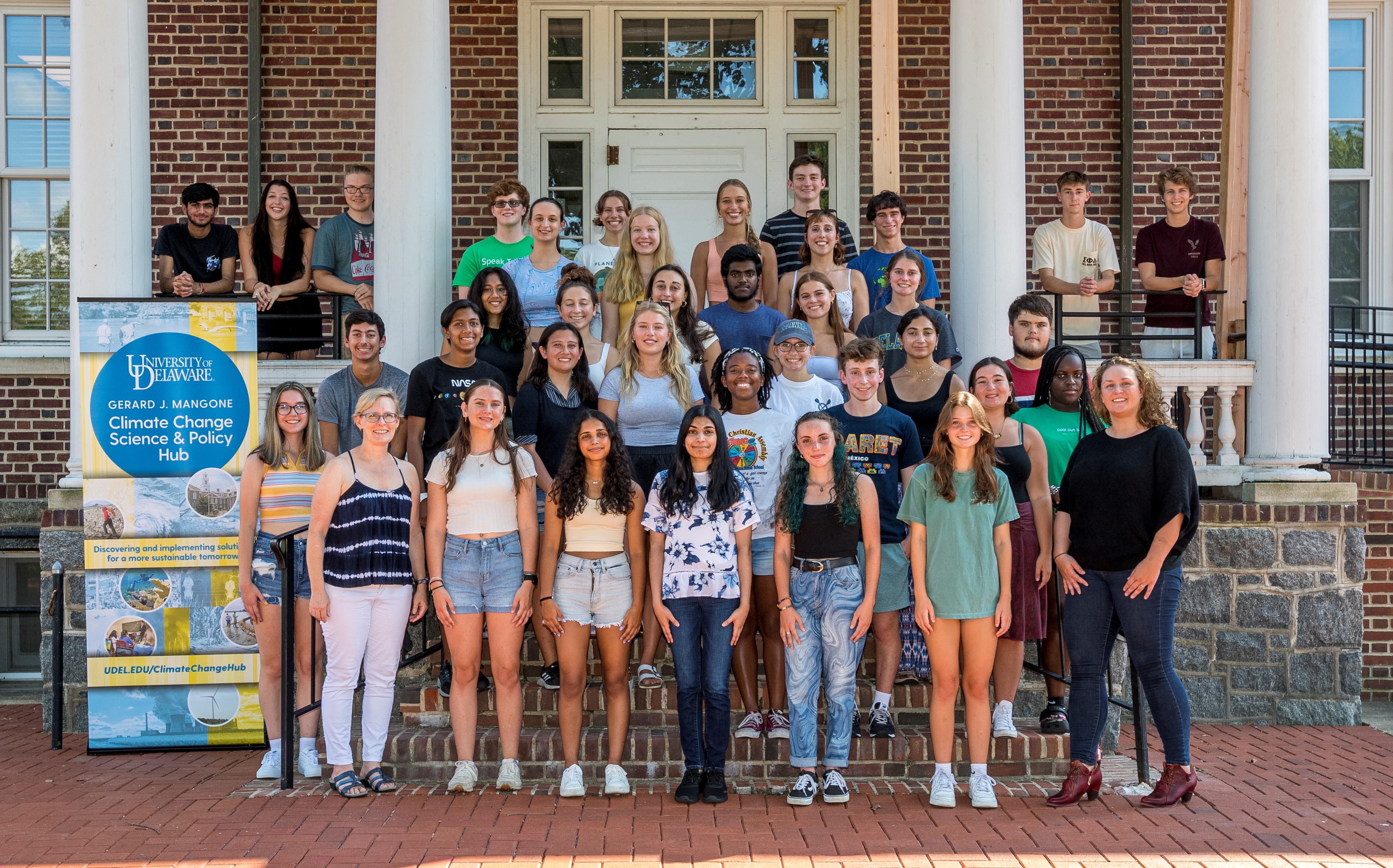
As an institution of higher education, we are committed to developing the next generation of climate leaders, scientists, and innovators. We support a Climate Scholars enrichment program for undergraduates and a Climate Fellows graduate student organization. With support from the University Corporation for Atmospheric Research, we hosted a workshop on Inclusive and Creative Climate Education this fall, connecting middle and high school educators, two- and four-year colleges, museums, environmental non-profits and government offices in an active discussion around tools to support climate education. As a group, we are committed to building more diverse faculty and student cohorts, incorporating additional perspectives and ways of knowledge, and supporting the mental and emotional health of our educators and students as they learn about the climate crisis.
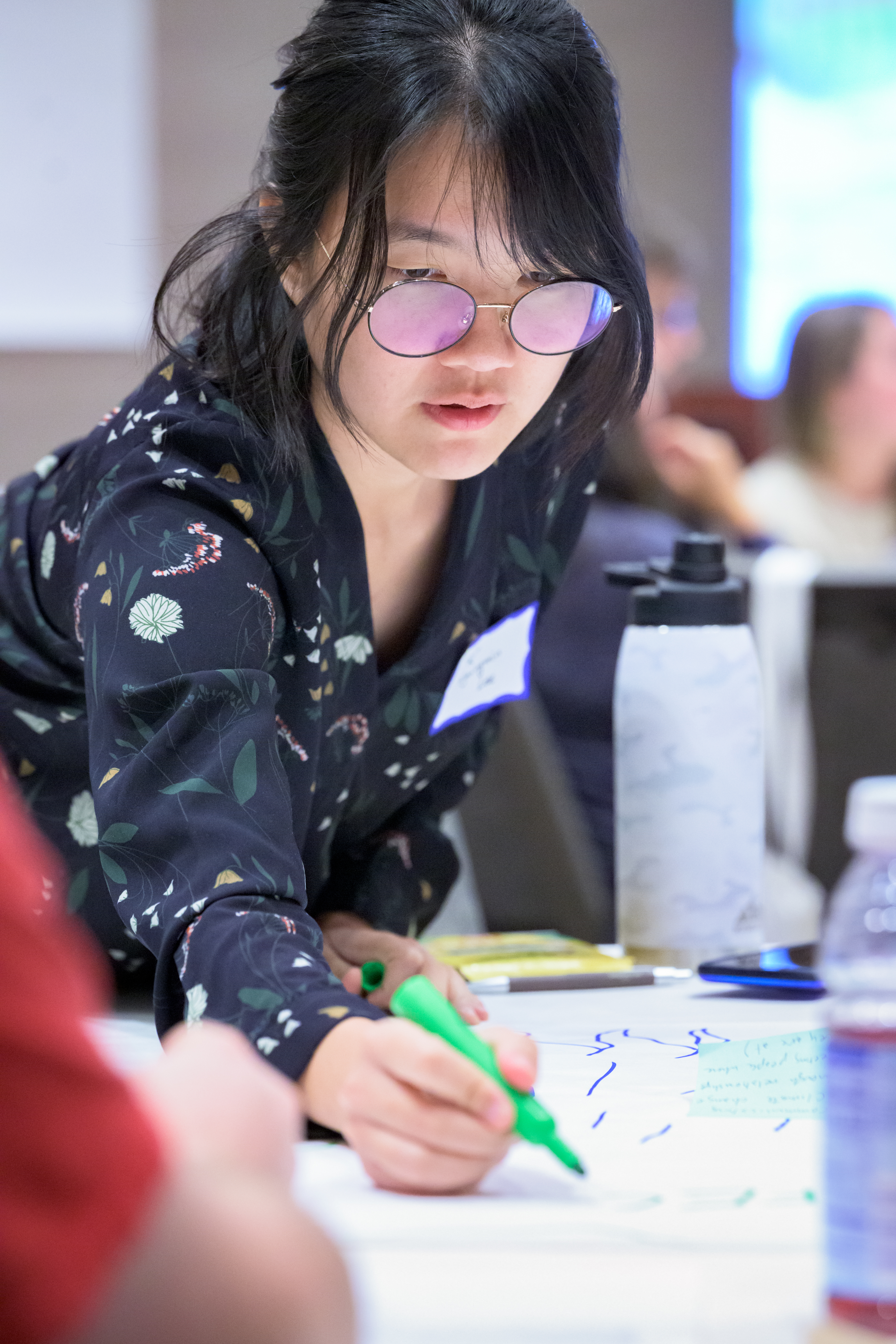
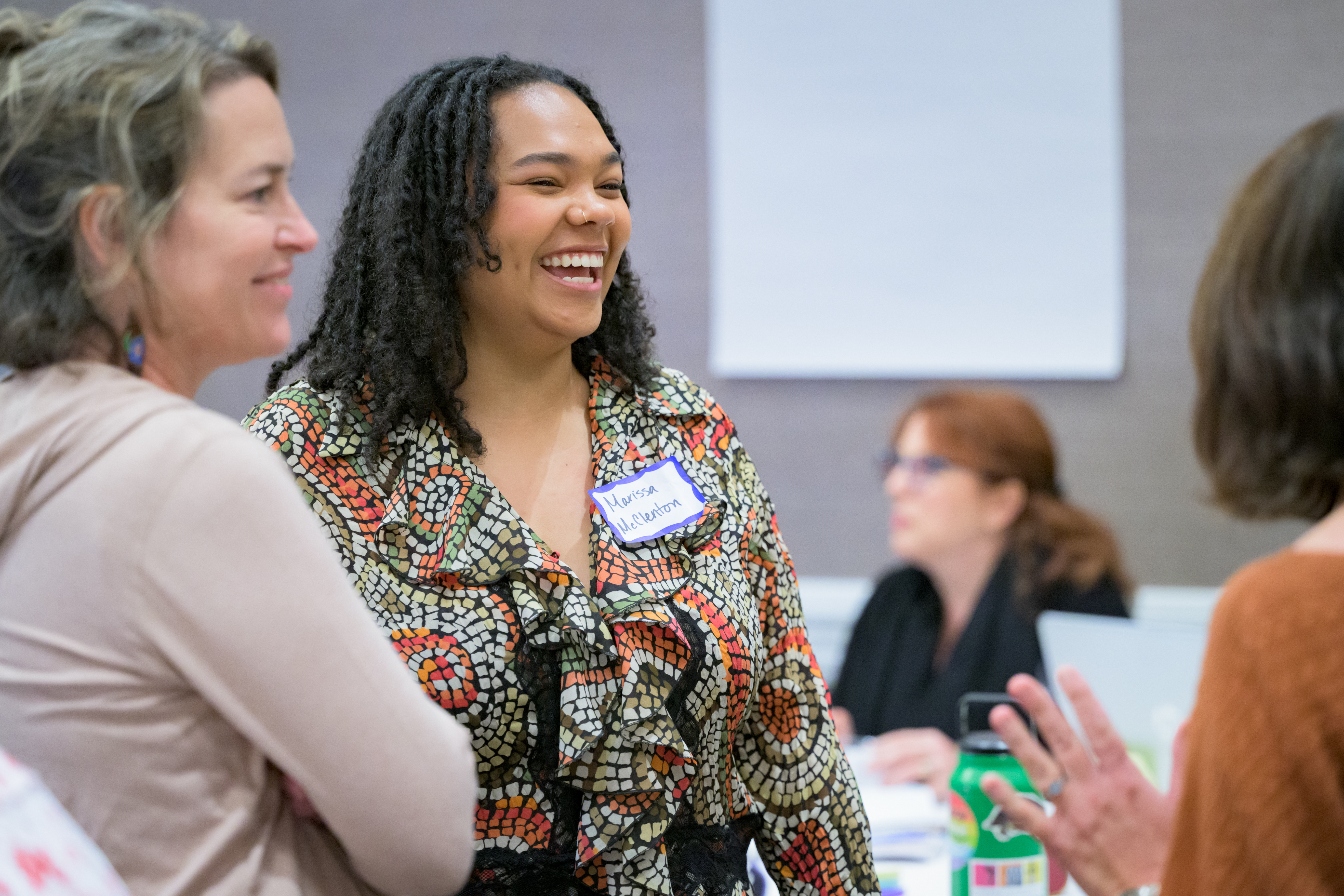
The National Science Foundation and the Kaleta A. Doolin Foundation provided seed funding through the Oceans Decade Champion project to promote women leadership in ocean science. In line with our mission to also promote creative and joyful cross-disciplinary engagement, we are hosting a Climate Change Video Game Jam – a video game design competition open to college students around the United States. In a three-week sprint, students will develop games that address oceans, climate change, and women leaders.
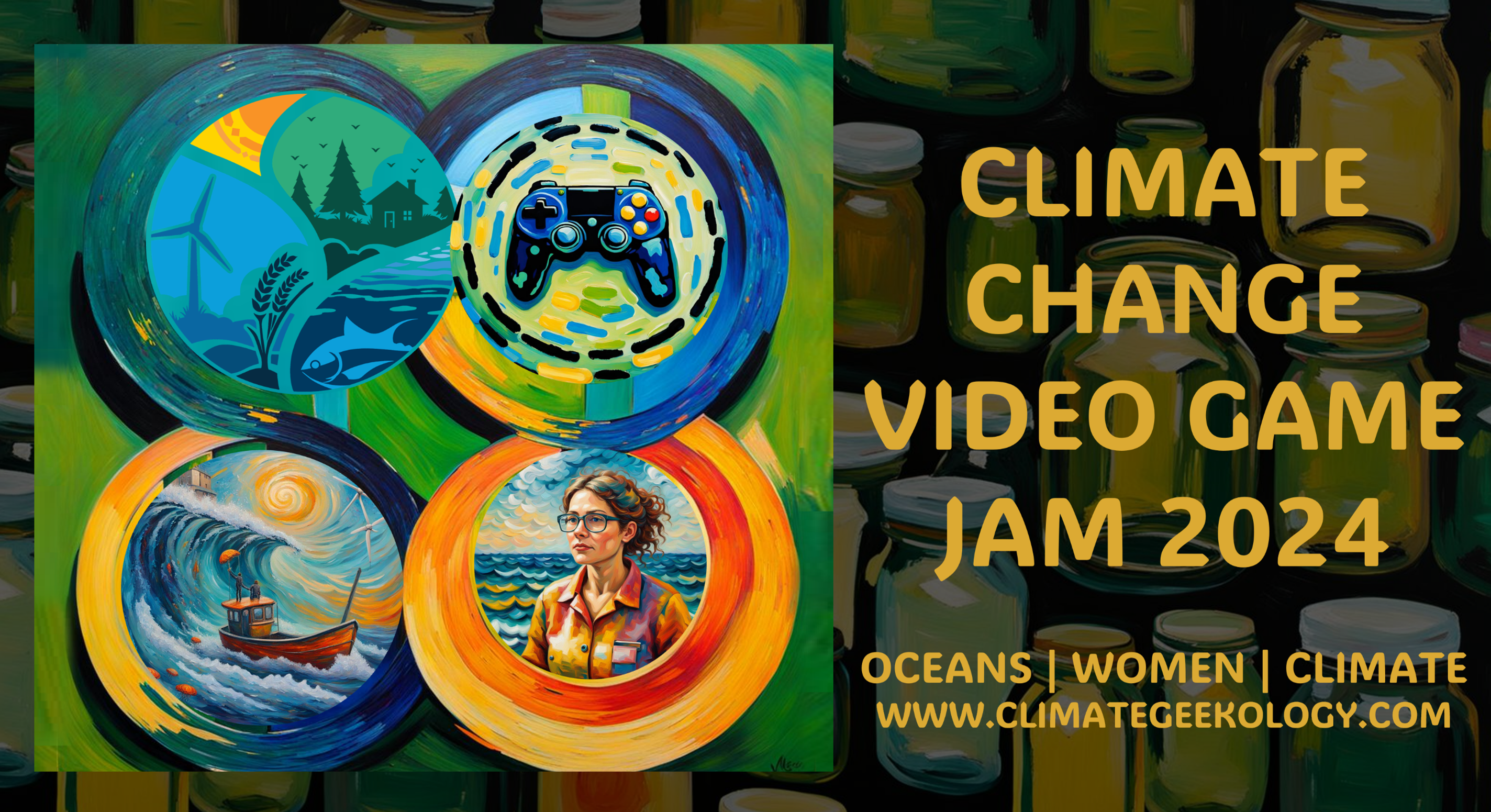
Of course, the University of Delaware engages in numerous research activities related to oceans and coasts. For example, the Coastal Hazards, Equity, Economic prosperity and Resilience (CHEER) Coastlines and People Hub, at the Disaster Research Center, is a five-year initiative, funded by the National Science Foundation, to combine engineering, hazards modeling, economics, policy, and sociology to model the effects of extreme events and potential efforts to build resilience.
University of Delaware students, faculty, and staff also work extensively to support communities. Faculty and staff at the Institute for Public Administration, for example, work closely with state government and the Resilient and Sustainable Communities League to support coastal communities in managing their shorelines and protecting residents and ecosystems. Delaware Sea Grant has been developing an oyster hatchery and working with state officials to grow Delaware’s aquaculture industry. And University of Delaware students and researchers have been exploring the economics of aquaculture and legal reforms that would support a new kelp industry.
These are just a few of the many exciting projects happening now. Please ask us questions – either during our live chat sessions, through the Q&A function, or at our live event on November 30th – as we are eager to tell you more about the amazing things happening here in Delaware!
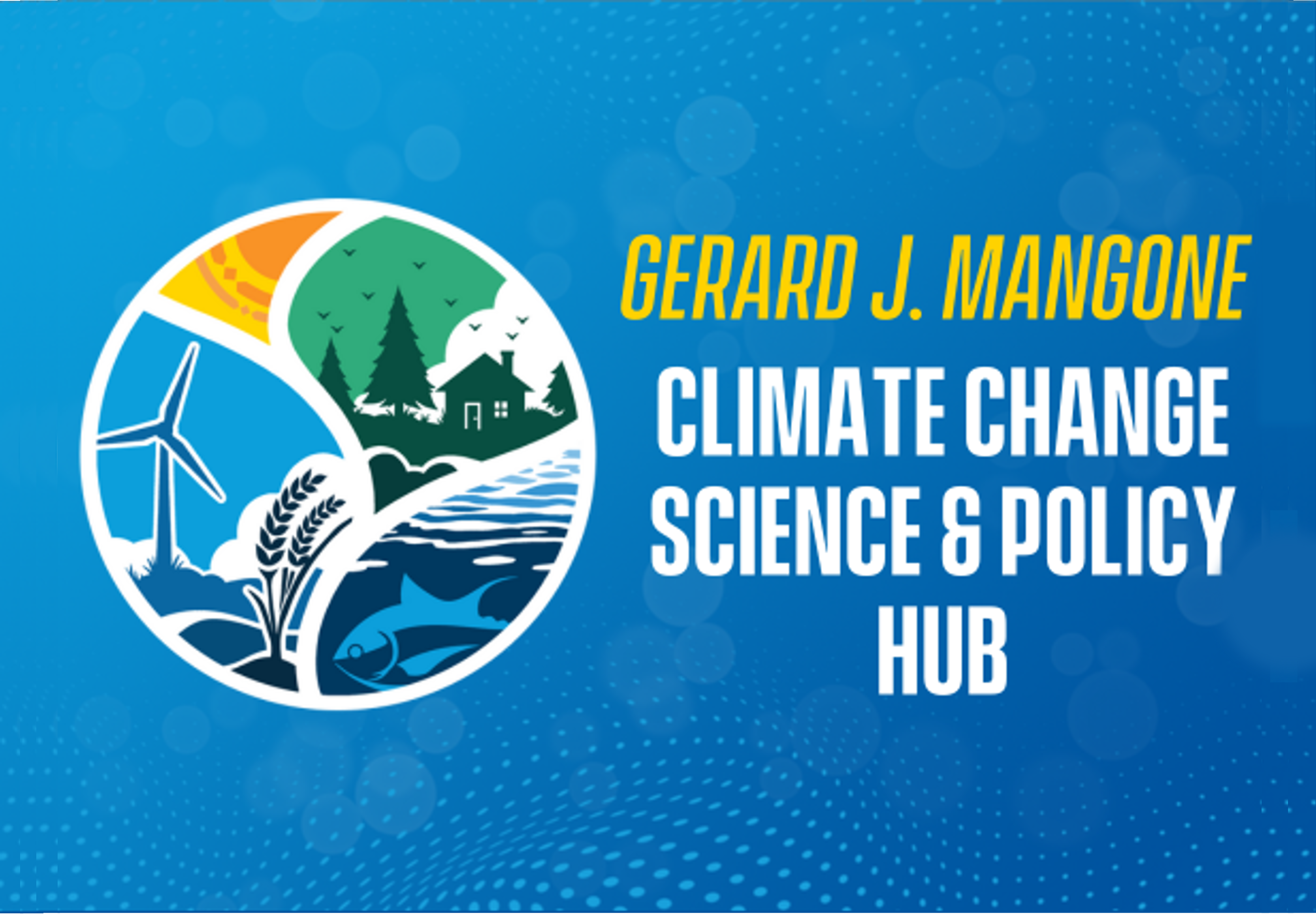
LIVE EVENT: Shifting Goals - What is the Ocean We Want?
Shifting Goals: What is the Ocean We Want?
November 30th, 2023
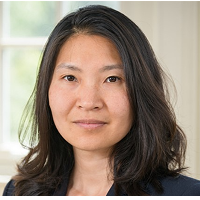 Dr. Kimberly Oremus
Dr. Kimberly OremusAssistant Professor, School of Marine Science and Policy, University of Delaware
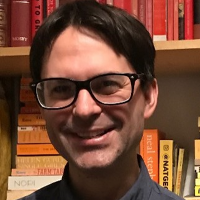 Dr. James Rising
Dr. James RisingAssistant Professor, School of Marine Science and Policy, University of Delaware
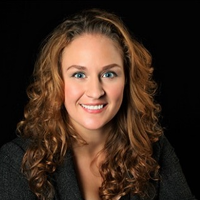 Dr. A.R. Siders
Dr. A.R. SidersAssistant Professor, Biden School of Public Policy and Administration, and Director, Gerard J. Mangone Climate Change Science and Policy Hub, University of Delaware
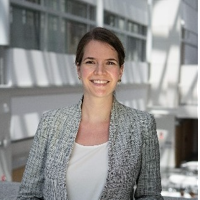 Dr. Christina McGranaghan
Dr. Christina McGranaghanAssistant Professor of Applied Economics, University of Delaware
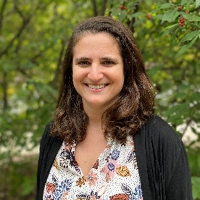 Emma Korein
Emma KoreinMarine Policy Doctoral Candidate, University of Delaware
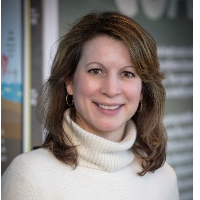 Danielle Swallow
Danielle SwallowCoastal Hazards Specialist, Delaware Sea Grant
2021-2030 is the United Nations Decade of Ocean Science. The vision of the Ocean Decade is “the science we need for the ocean we want,” but deciding who WE are and understanding what we WANT is a difficult social science problem, especially when stakeholders and goals shift over time. Nevertheless, understanding ocean stakeholder goals and how competing goals are negotiated, prioritized, and compromised is crucial for guiding ocean stewardship and promoting justice. This panel highlights social science advances in identifying goals, coordinating, negotiating, and implementing them, even as they change over time and scale.
AGENDA
- 17:00 Introduction and welcome remarks by Dr. A.R. Siders (Moderator)
- 17:10 Dr. James Rising on the challenges of cost benefit analysis and implicit goal setting in economic analyses
- 17:20 Dr. Christina McGranaghan on studying social preferences and coordination using economics experiments
- 17:30 Emma Korein on values and social preferences for offshore wind siting and energy justice
- 17:40 Dr. Kimberly Oremus on adaptive governance to allow goals to shift over time, using illustrations from fisheries regulations
- 17:50 Danielle Swallow on community values and the Resilient and Sustainable Communities League
- 18:00 Moderated Discussion (Using questions posed by Audience)
- 18:25 Closing Remarks
Event Organizer: Gerard J. Mangone Climate Change Science & Policy Hub, University of Delaware
To watch: Login to the Virtual Ocean Pavilion (https://cop28oceanpavilion.vfairs.com), go to the program, select Nov 30th, and on the image of our talk, click the “Play” button.
